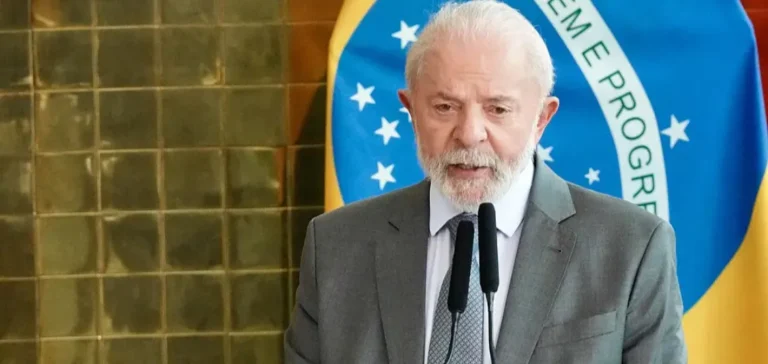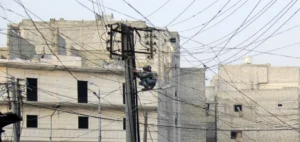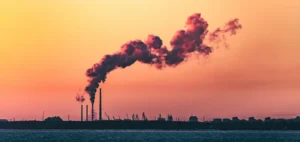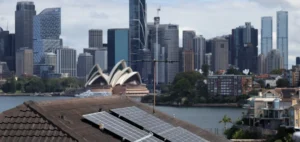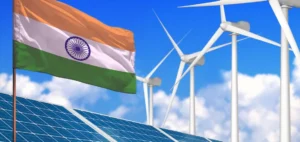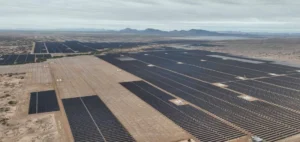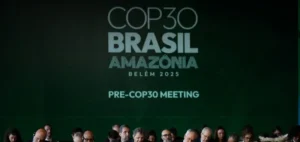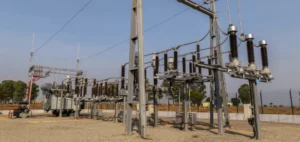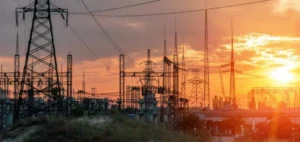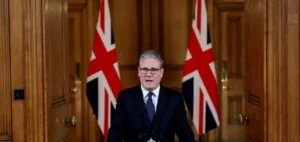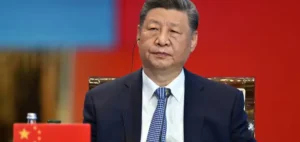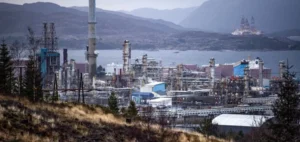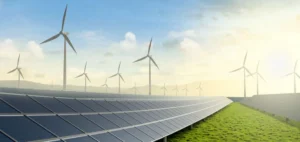On the eve of the COP30 opening in Belém, Brazilian President Luiz Inacio Lula da Silva reaffirmed his intention to use revenues from oil production to finance the energy transition in the Global South. This statement comes as Brazil has authorised a new offshore exploration project in a maritime area near the Amazon, sparking national and international criticism.
A strategy challenged by local stakeholders
Lula declared that “the Earth can no longer support the development model based on intensive fossil fuel use”, while defending the idea that developing countries should rely on their natural resources to fund their own transition. This dual stance has triggered responses from several Indigenous groups and environmental associations in Brazil, accusing the government of deep contradictions between its climate objectives and economic decisions.
The offshore oil project, launched in a sensitive Amazon region, has become a flashpoint. It raises questions about the country’s ability to reconcile its international climate position with its national energy development priorities. Opponents denounce a conflict of interest, as the government plays a dual role as both promoter of the transition and beneficiary of hydrocarbon revenues.
Brazil navigating strategic choices
The president called for a “just, orderly and fair” process to phase out fossil fuels, stressing the need for access to technologies and financing for Southern countries. This statement aligns with a logic of reallocating oil profits, which Lula considers a lever to accelerate decarbonisation in developing nations.
For his critics, this choice undermines Brazil’s credibility in international negotiations. While the strategy aims to strengthen energy sovereignty and domestic growth, it may damage the country’s legitimacy as a spokesperson for the Global South during the upcoming climate discussions in Belém.
A closely watched position at COP30
Two years after the global commitment made at COP28 in Dubai to progressively reduce fossil fuel use, Brazil’s position could influence the balance of the talks. The phasing out of fossil fuels is not officially on the COP30 agenda, but some countries, including Brazil, intend to bring the topic to the forefront.
Lula maintains that oil production remains a necessary tool to support Southern countries in their transition. His approach highlights the dilemmas faced by producing states seeking to meet both their economic needs and their climate commitments.


